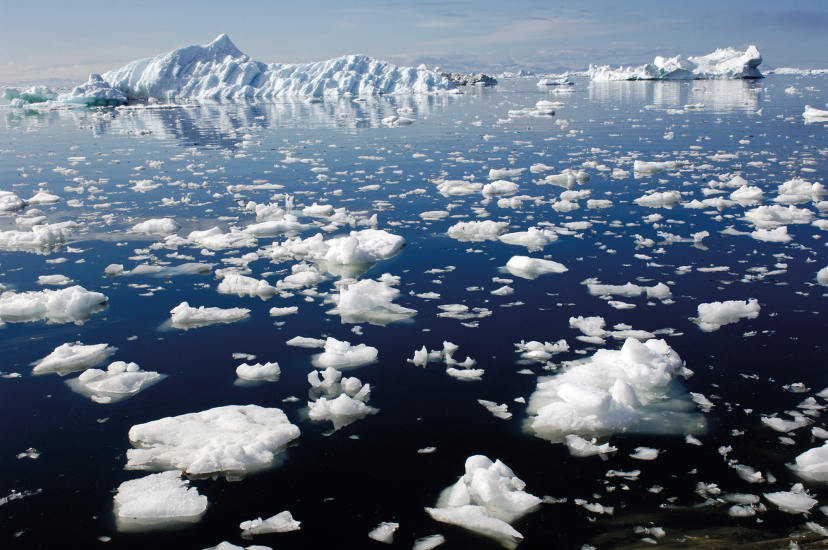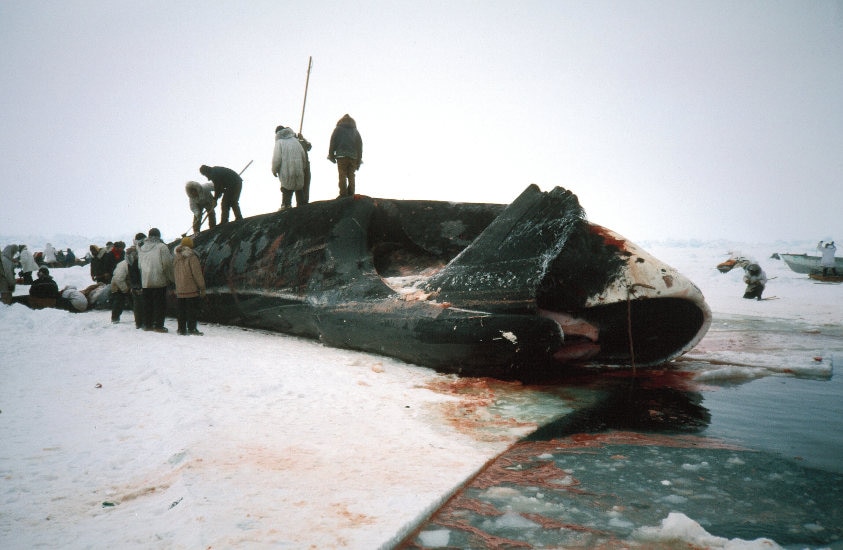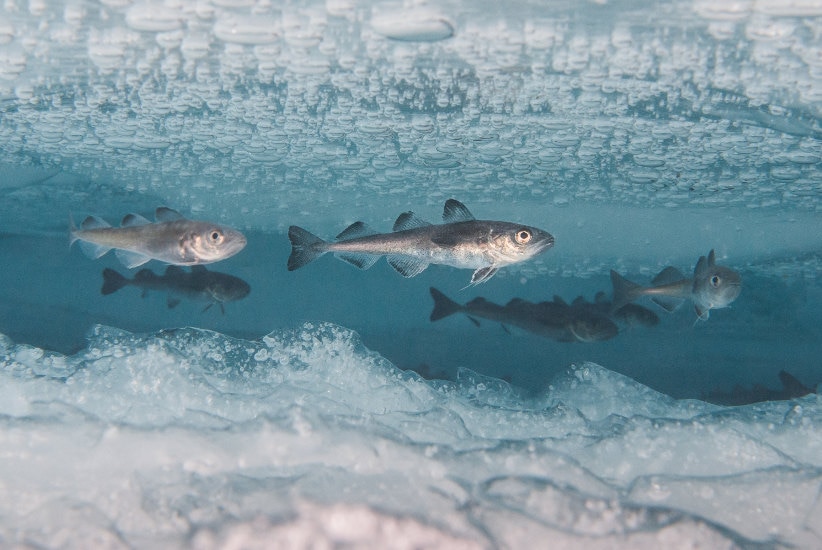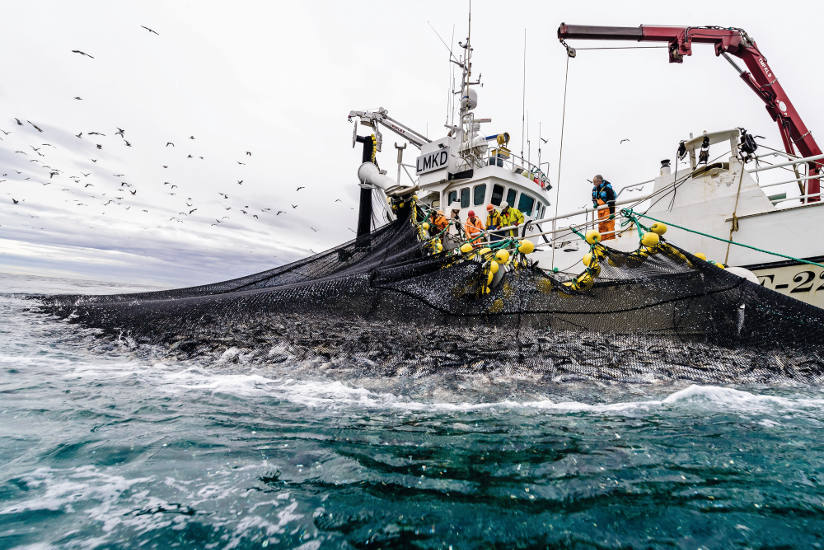The devastating impact of the Arctic meltdown, told by 30 experts
The book 'Whither the Arctic ocean?' synthesizes the current state of scientific knowledge on the rapid warming of the Artic and how the sea-ice loss will have economic and geopolitical consequences as a result of the opening of new shipping routes and the newly acquired accessibility to high-value natural resources. The book brings together the views of oceanographers, ecologists, climatologists and glaciologists and the assessments of political scientists, anthropologists, managers and conservationists on the socio-economic transformation of the region.
'Whither the Arctic Ocean?', which can be downloaded for free from the BBVA Foundation website, highlights the transcendence of the destiny of the Arctic in shaping the future of mankind as a whole and how this daunting global challenge can only be successfully addressed from a cross-disciplinary perspective, such as the one it proposes.
“The multi- and inter-disciplinary research set out in this volume is an extraordinary approach to the profound impact that certain tipping points, such as the warming of the Arctic Ocean, can have on the climate of the whole planet and in people’s lives,” writes the president of the BBVA Foundation, Carlos Torres Vila in the foreword of the book.[1]
It is precisely this situation of risk and uncertainty on a global scale that led to the publication of this collective work. In the words of its editor, marine ecologist and professor at the Arctic University of Norway Paul Wassmann, “the starting point for the book is the need for cooperation between traditionally separate fields of natural, social and political sciences, anthropology and managerial perspectives." In the book, Wassmann, who has been a member of many oceanographic expeditions around the planet, explains how global warming is causing temperatures to rise in the Arctic at a speed "three times higher than the world average", which is why " adaptation strategies and science-informed policies are urgently needed.”
Wassmann emphasizes how climate change could cause a "shock" capable of driving the entire Arctic ecosystem to cross a 'tipping point' with unpredictable consequences for the region and the climate of the entire planet.
The climate crisis is much more evident in the Artic than anywhere else, with changes happening at a dramatic pace. The events unfolding in its frozen ocean determine sea level, ocean currents and numerous other processes that affect every continent.
-
 1
1Arctic Icebergs and sea ice floating in Disko Bay, Greenland © NurPhoto/GettyImages
-
 2
2Capture of a boreal whale © B.P. Kelly
-
 3
3Marine algae clusters © P. Leopold
-
 4
4The polar cod (Boreogadus saida), finds refuge under the ice © P. Leopold
-
 5
5Herring fishing off the coast of northern Norway © Norwegian Seafood Council
A new Arctic after the meltdown and how it will transform the world
Carlos Torres Vila, president of the BBVA Foundation: “It is increasingly clear that the interconnectedness of the Arctic with lower latitudes will have unprecedented impacts and consequences across a range of economic, societal, and geopolitical challenges.”[2]
The new Arctic will have less ice, different species and an increased human presence. Faced with this scenario, the book 'Whither the Arctic ocean?', published by the BBVA Foundation, presents the vision of 30 leading world experts on this region so vital to our planet’s survival
Back in 2011, the BBVA Foundation published ‘Arctic Tipping Points’, which identified elements of the Arctic ecosystem likely to suffer abrupt alteration due to climate change. 'Whither the Arctic Ocean?' updates this diagnosis, coinciding with the United Nations’ declaration of the Decade of Ocean Science for Sustainable Development, in a bid to contribute to the scientific effort to bring knowledge to bear on this global challenge.